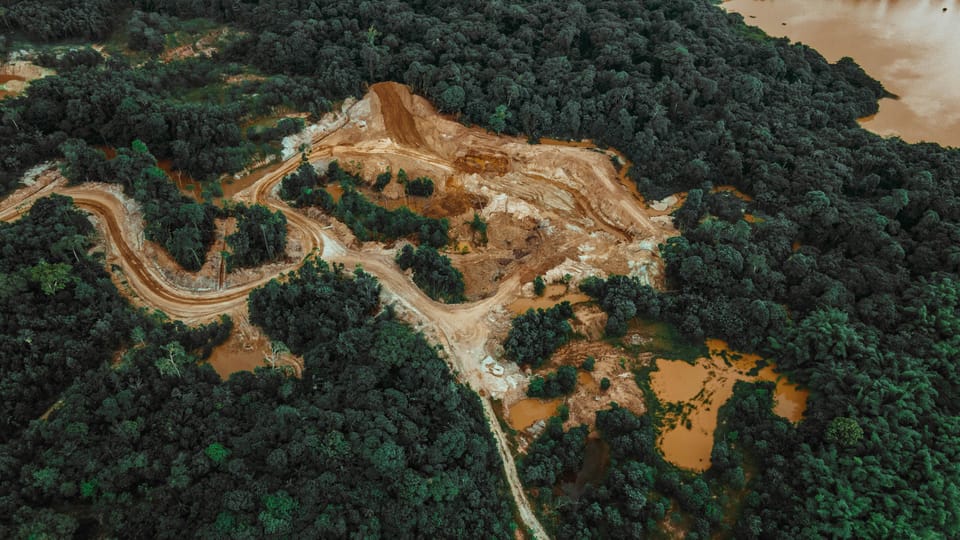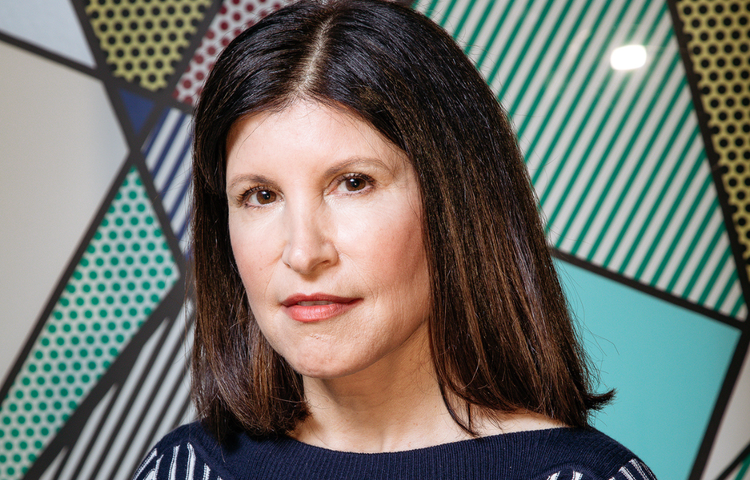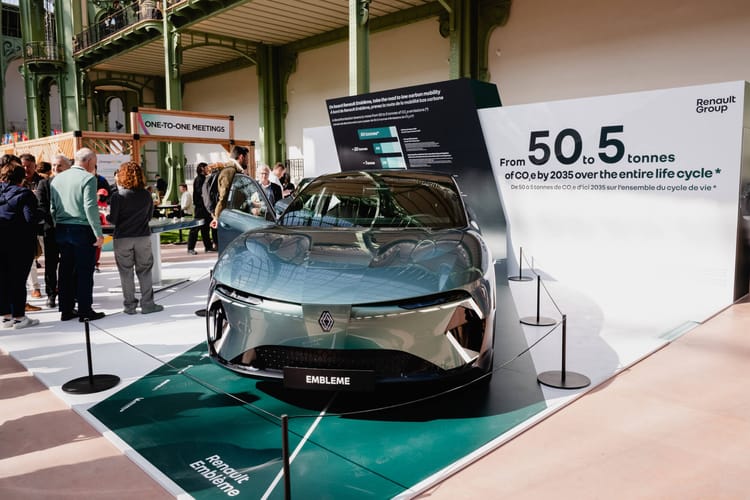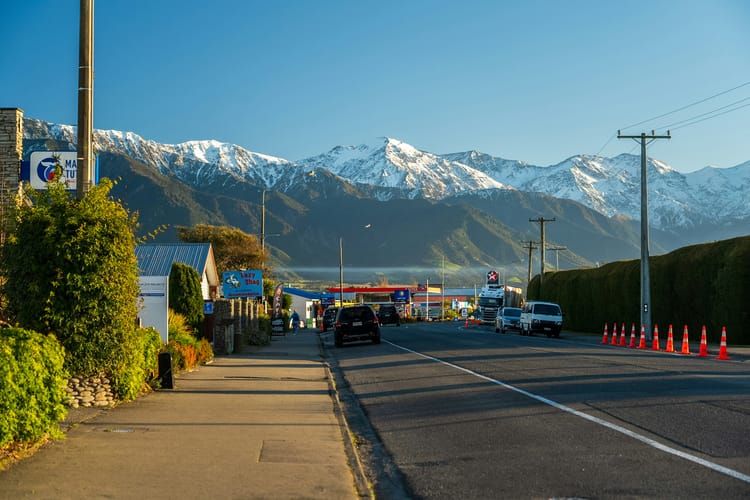Nestlé, Unilever and Danone stand out as leaders in the fight against deforestation

Only 3% of the 500 global corporations that are most exposed to deforestation risk are taking credible action to protect forests in their supply chain, with Nestlé, Unilever and Danone standing out as leaders.
According to Global Canopy’s latest Forest 500 report, just 16 companies are actively trying to eliminate deforestation from their supply chains through strong commitments combined with effective implementation and reporting.
The leading companies in the ranking include paper and packaging manufacturer Suzano with a total score of 91.1%, followed by Nestlé (73.2%), Unilever (72.1%), Danone (71.3%), Procter & Gamble (66.7%) and Mars (66%).
Read also: EU Commission eases Deforestation Regulation reporting processes
Nestlé’s forest progress
Global Canopy particularly highlights the progress made by Nestlé after its exposure to deforestation was uncovered by investigations and campaigns. The company has committed to achieve deforestation and conversion-free supply chains for all six of its top commodities (palm oil, pulp and paper, beef, soy, cocoa and coffee) by 2025, and now reports that over 80% of volumes for five of these are deforestation and/or conversion-free.
In addition, Nestlé has set up on-the-ground monitoring of smallholder coffee suppliers for compliance with its deforestation commitment, based on a standardised toolkit developed with the Rainforest Alliance. If non-compliance is detected, Nestlé also has a remediation system in place: suppliers are suspended until a time-bound action plan for coming into compliance is agreed – and continued non-compliance leads to contract termination.
This demonstrates that it is possible to monitor suppliers on a massive scale, and owed Nesté the highest Forest 500 score for coffee, though the NGO notes that there is still room for improvement.
From late majority to laggards
Emma Thomson, Forest 500 and Tracking Lead at Global Canopy, said: “The leaders recognise the reputational and future business risks of deforestation. They monitor their supply chains, engage suppliers and bring them into compliance on deforestation and human rights. Regulators need to build on these achievements, not water down existing regulation.”
But despite strong performance among the 16 leaders, Global Canopy warns that the wide majority of forest-dependent companies are still not doing enough: 316 firms (63%) – including Decathlon, Nike and McDonald’s – form the late majority, hiding behind “half-baked commitments” that cover only some high-risk commodities.
The report shows that commodities like palm oil and timber are most likely to have a deforestation-free commitment, while very few companies have such targets for cattle and leather products – despite these being the largest drivers of global deforestation.
Finally, 168 companies (34%) do not even have a public commitment to address deforestation.
Niki Mardas, Executive Director at Global Canopy, said: “In these turbulent times, it is sometimes important to restate the obvious: ending and reversing deforestation is a triple win for climate, nature and people. It is also the bedrock for economic stability in regions where drought linked to deforestation is already causing turmoil. There’s a reason why practically every country in the world has signed up to the 2030 target of ending and reversing deforestation. The leaders in the Forest 500 show how companies that have their strategic and operational act together can take steps to stop unacceptable harms today, while setting themselves up to flourish into the future."







Member discussion